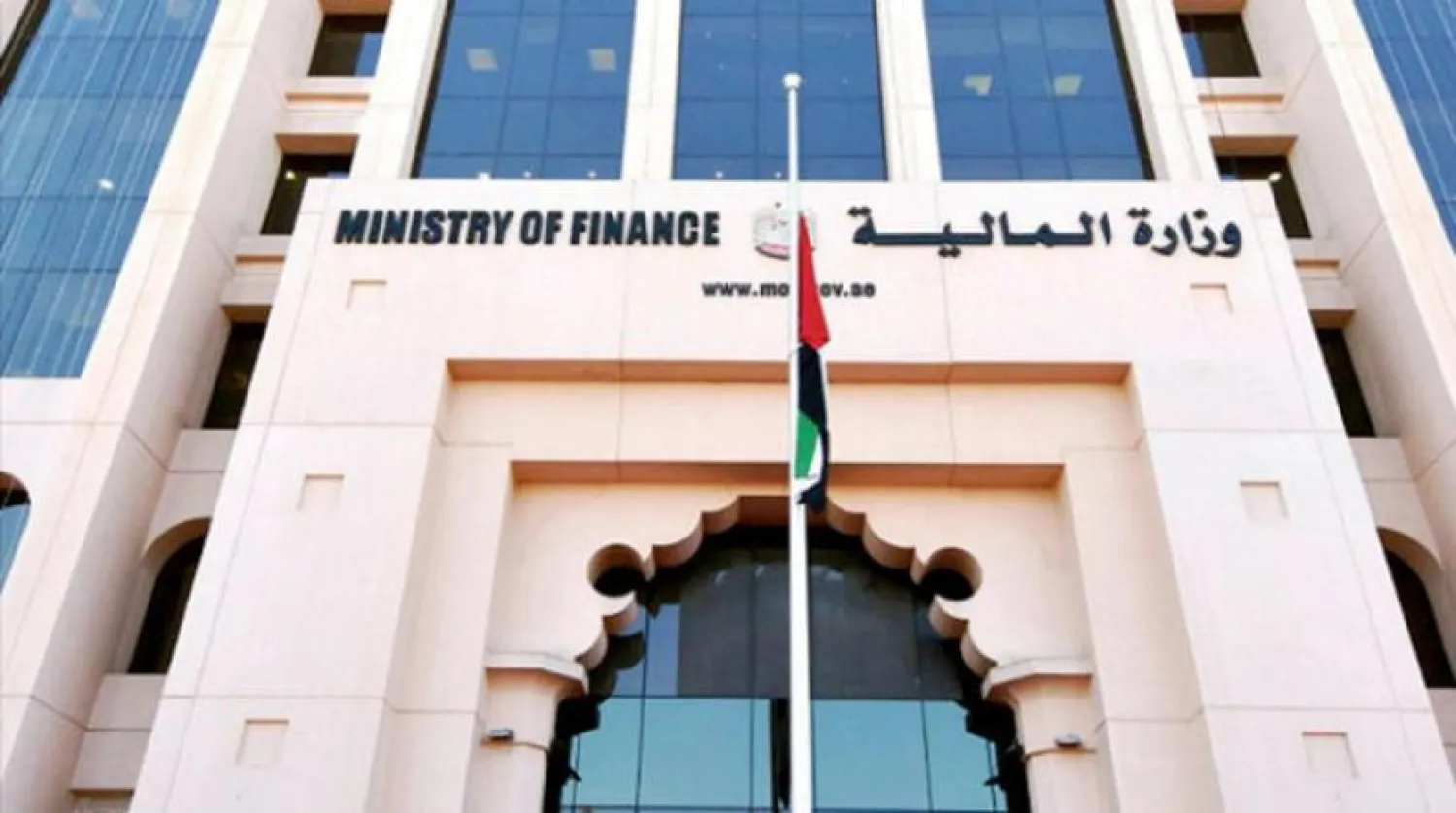The UAE Finance Ministry said Saturday that a second auction of federal treasury bonds (T-Bonds) would be held on June 20.
The auction size will be AED1.5 billion ($408 million) distributed over two tranches: a two-year tranche valued at AED 750 million and a three-year tranche valued at AED750 million ($204 million).
It explained that the re-opening of bonds will be exercised in this auction to increase the volume of individual bonds issued with the aim of improving liquidity in the secondary market.
The first auction of the AED denominated T-Bonds program witnessed a wide turnout from local and international investors, with a total issuance of AED1.5 billion ($408.3 million) divided into two tranches - of two and three years – and a uniform coupon rate fixed at 3.01% and 3.24%, respectively.
The UAE will continue to implement its plan to issue local bonds for 2022 through more subsequent periodic auctions.
The conventional T-bonds will be denominated in UAE dirhams to develop the local bonds debt market.
It aims to develop the mid-term yield curve, with tranches of two and three years, and in principle of five years as well, while 10-year tranches will be issued at a later time.
The auction, represented by the Ministry of Finance as the issuer, in collaboration with the Central Bank of the UAE (CBUAE) as the issuing and payment agent, is part of the AED9 billion ($2.4 billion) T-Bonds issuance program for 2022, the ministry announced in May.
The first auction of the dirham denominated UAE T-Bonds, with a benchmark auction size of AED1.5 billion ($400 million), drew bids worth AED9.4 billion ($2.5 billion), an oversubscription of 6.3 times.
Sheikh Maktoum bin Mohammed bin Rashid Al Maktoum, Deputy Ruler of Dubai, Deputy Prime Minister and Minister of Finance, said then that the success of the first auction is part of strengthening the UAE’s economic competitiveness and supporting the sustainability of economic growth.









